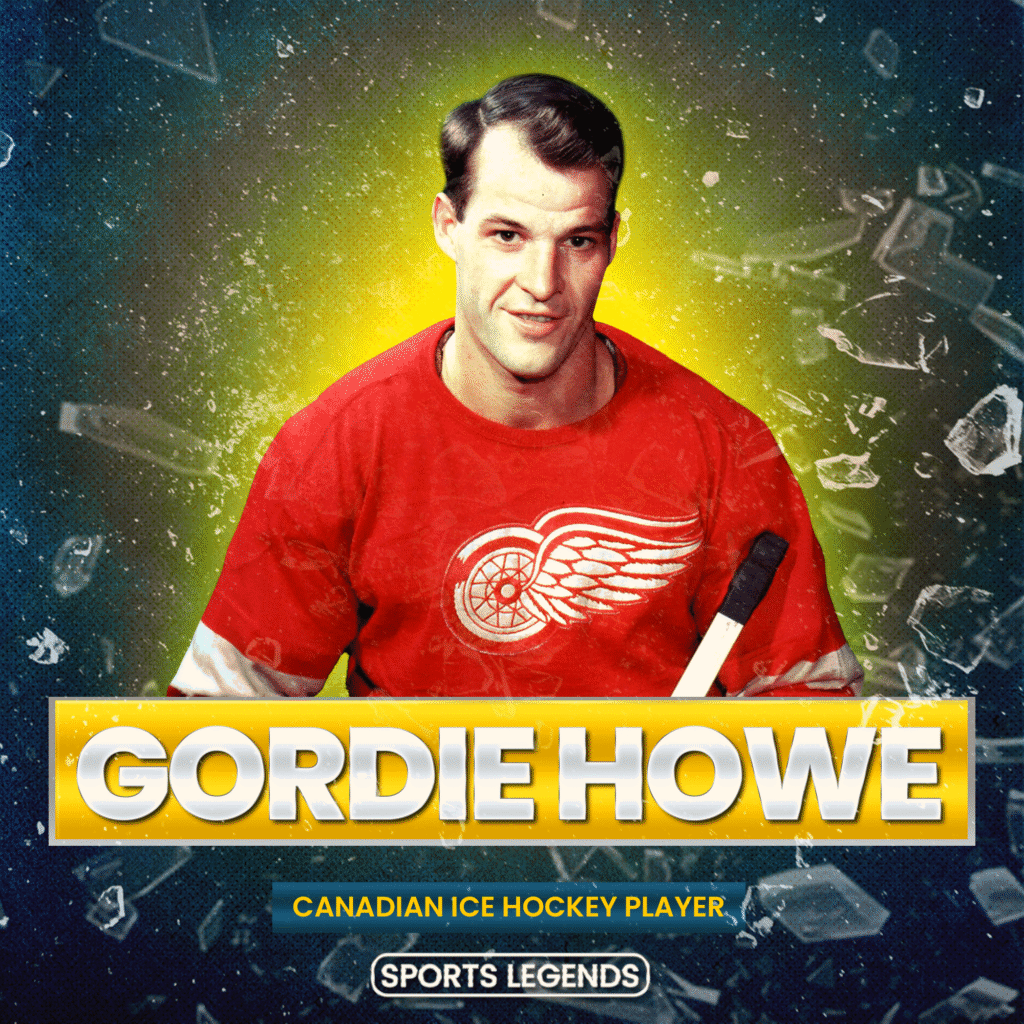If the steel beams of the old Joe Louis Arena could talk about Gordie Howe, they’d call him the man who hit like a freight train.
For a city built on muscle, machinery, and midnight shifts, Gordie Howe was everything Detroit wanted to be: a muscle man, a machine gun, and a force that never slept.
He was strong, reliable, humble, and frightening when provoked.


 Please check your email for your login details.
Please check your email for your login details.
